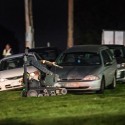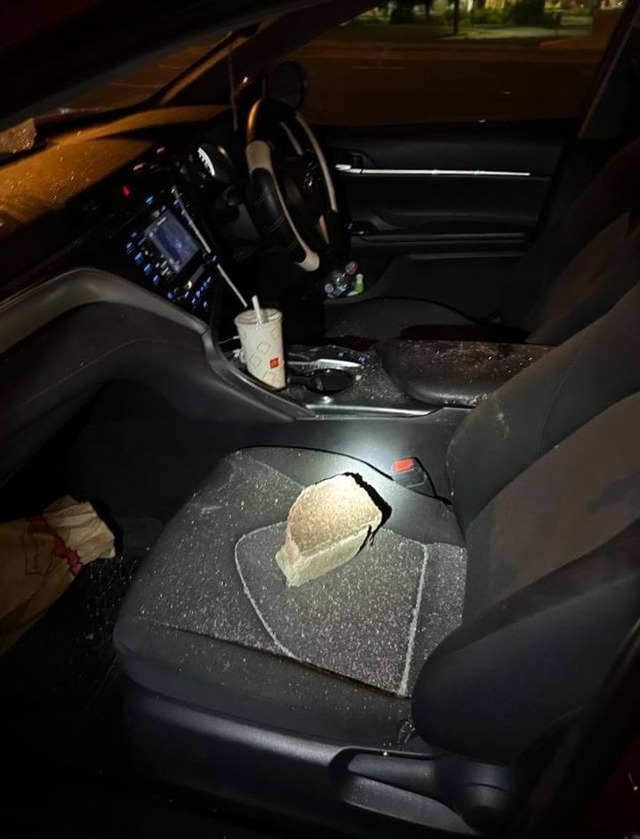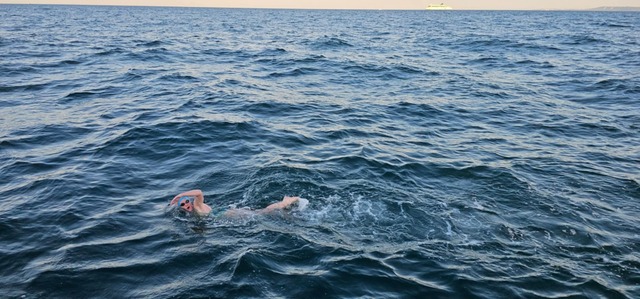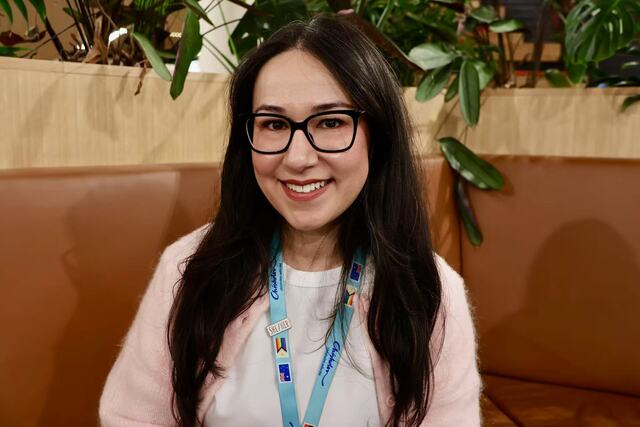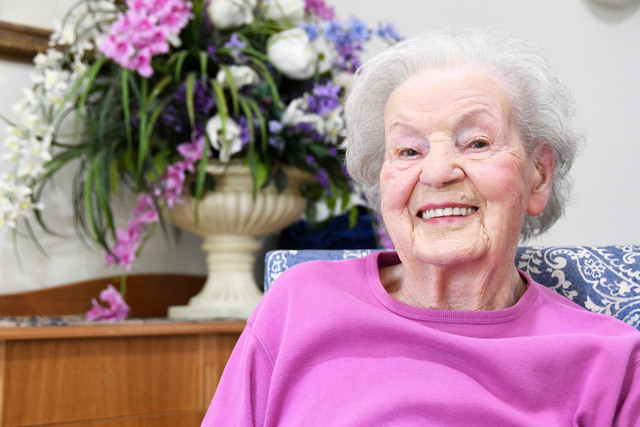By CAM LUCADOU-WELLS
NUMAN Haider betrayed few signs of his radicalisation to his family, his father told a coronial inquest.
The family had no inkling ahead of the disastrous confrontation with police at Endeavour Hills, in which Haider stabbed two police and was fatally shot on 23 September, 2014.
To them he was a “funny and fun-loving” son, who was close to his mum and who regularly helped her in the kitchen.
A hard worker who was never aggressive, according to the family’s statement read in front of State Coroner John Olle on 7 March.
“We never contemplated Numan would commit such an act of terrible violence.”
His father – who cannot be identified – said he didn’t notice a change in Haider’s views, though his son was uncharacteristically out all night often in his final week.
The family never talked politics, and Haider never discussed his own Islamic State sympathies with them.
Haider was physically and mentally healthy. He didn’t take alcohol or drugs, Haider’s father said.
The father was warned a month beforehand by an imam of a Hallam mosque that Haider should stop associating with a man Lindim Sulejmani.
“I knew he had friends that I did not know,” his father stated to the court.
He was unaware of Haider’s Facebook post five days before the shooting, in which Haider posed in army camouflage and a balaclava, holding a Shahada flag.
On social media, Haider had pledged total support for the Taliban.
The father knew nothing of Haider’s waving of an Islamic banner in Dandenong Plaza earlier in September, not until Joint Counter Terrorism officers knocked on his front door.
The family, according to their statement, didn’t know ASIO had serious concerns about Haider.
His father told the court when ASIO agents visited his home in August 2014 that he didn’t know what ASIO was.
The officers spoke to him and his son, warning Haider to stay away from “extremists” at the Al-Furqan Islamic Centre.
The father was given a business card, but thought the intelligence officers were police.
He told the court he instructed Haider to renew his passport in July ahead of a family trip to Germany and Afghanistan to visit relatives and find Haider a bride.
The father did not know why his son’s passport renewal was being held up and then his passport cancelled. The passport office wouldn’t give the father any reasons.
He told the court Haider was very upset by the cancellation – one day before the shooting. That was the only change that the father saw in his son, according to his statement.
Less than an hour before Haider stabbed police, he had returned home from an outing with friends in Warburton.
He became distressed that his family allowed police to search his room that day.
Haider went to his room, telling his family he wanted to pray. Five minutes later, he told his family he had to leave to return property to a friend.
His father saw the water container and runners in his son’s hand, and had sympathy. He told his son to come home quickly.
After midnight, police told the family that Haider had been shot dead.
Without laying blame, the family stated they wanted to know what caused their child to turn.
They believed Haider had been “manipulated” into making his rash, final actions.
The family, nursing an “inconsolable grief”, wanted the inquest to examine the role of “intense policing” and the pursuit of young men had in radicalising them.
What was the effect of cancelling Haider’s passport the day before the shooting, they asked.
Compounding their grief, the family had since been the target of “vitriol”. They stressed they were “moderate Muslims” who had fled Afghanistan due to persecution by the Taliban.
Haider’s eldest brother told the court he grew up with stories of how their father had been captured and tortured by the Taliban.
The brother at one stage gave a “lecture” to Haider, correcting his younger brother’s views on international politics.
He spoke with Haider how to deal with the “putting down” and “bullying” of Muslims without getting emotionally affected. He told him to focus on studies and work.
“It wasn’t about religion. It was more about not listening to my parents.”
The brother was unfamiliar with Haider’s friends, nor was he a Facebook friend. He was unaware of Haider heading to Bankstown in Sydney less than two weeks before he died.
When an upset Haider left the family home for the last time, the brother warned him “not to do anything stupid”.
A friend Sulaiman Sarwari, of Berwick, told the court that he saw Haider nearly daily in his final weeks but spoke only briefly by phone on 23 September.
They both prayed and ate together often, together with Lindim Sulejmani.
Haider was like a “blood brother” who joked a lot with him, Mr Sarwari said.
Mr Sarwari said in a statement he knew nothing much about ISIS nor supported terrorism.He didn’t know of Haider’s interest in these things nor the Dandenong Plaza incident.
Haider had become depressed because his family didn’t support his ideas and gave him a hard time, Mr Sarwari said.
He believed Haider was physically bashed by family members, including in front of people at the Hallam mosque – though Mr Sarwari didn’t see any of the alleged assaults.
During the inquest, Haider’s brother and father denied Haider had been struck by family members.
According to the family’s statement, Haider’s mother can’t perform the “basics of cooking” without thinking of Haider.
“Instead she goes to bed and she weeps.”
The inquest continues.

